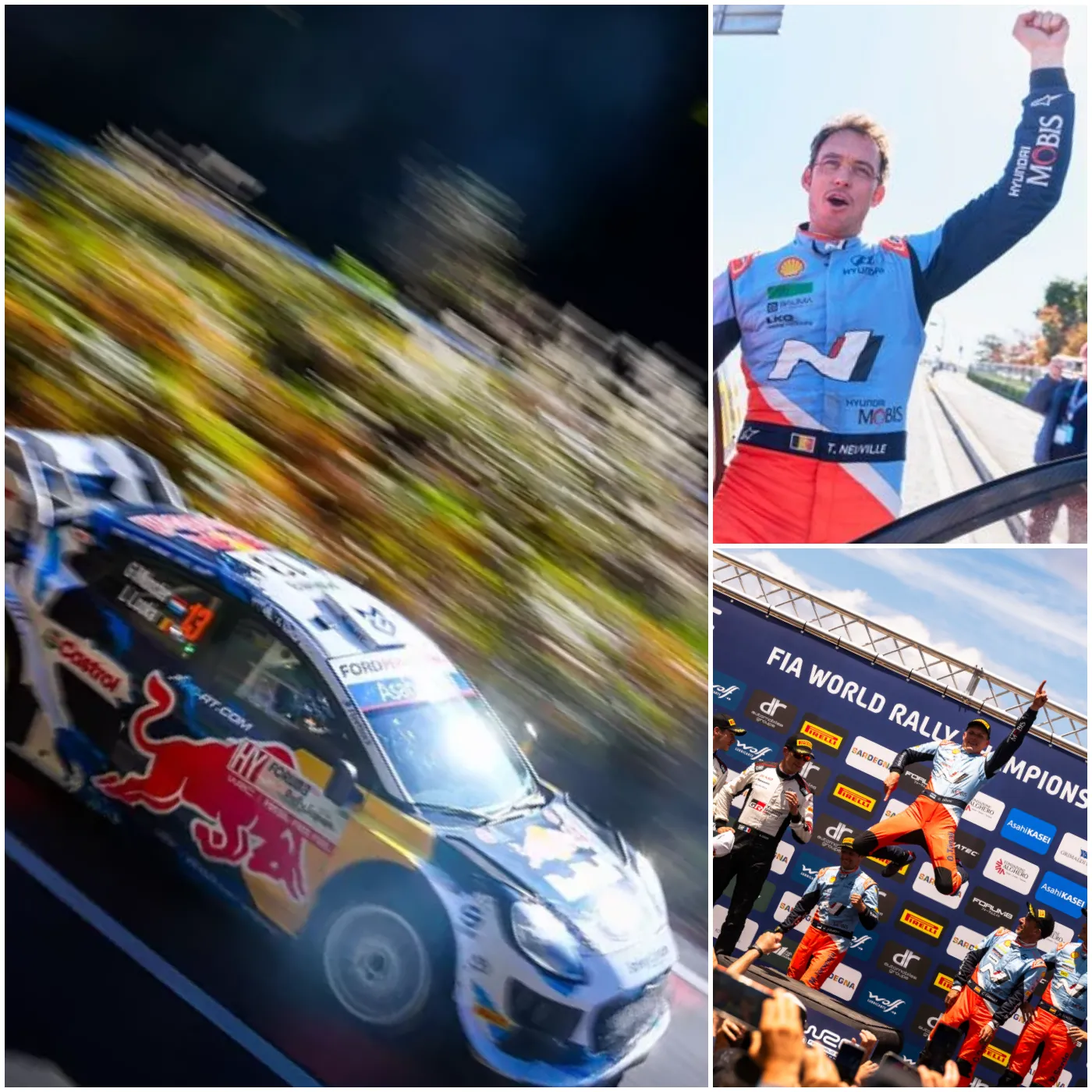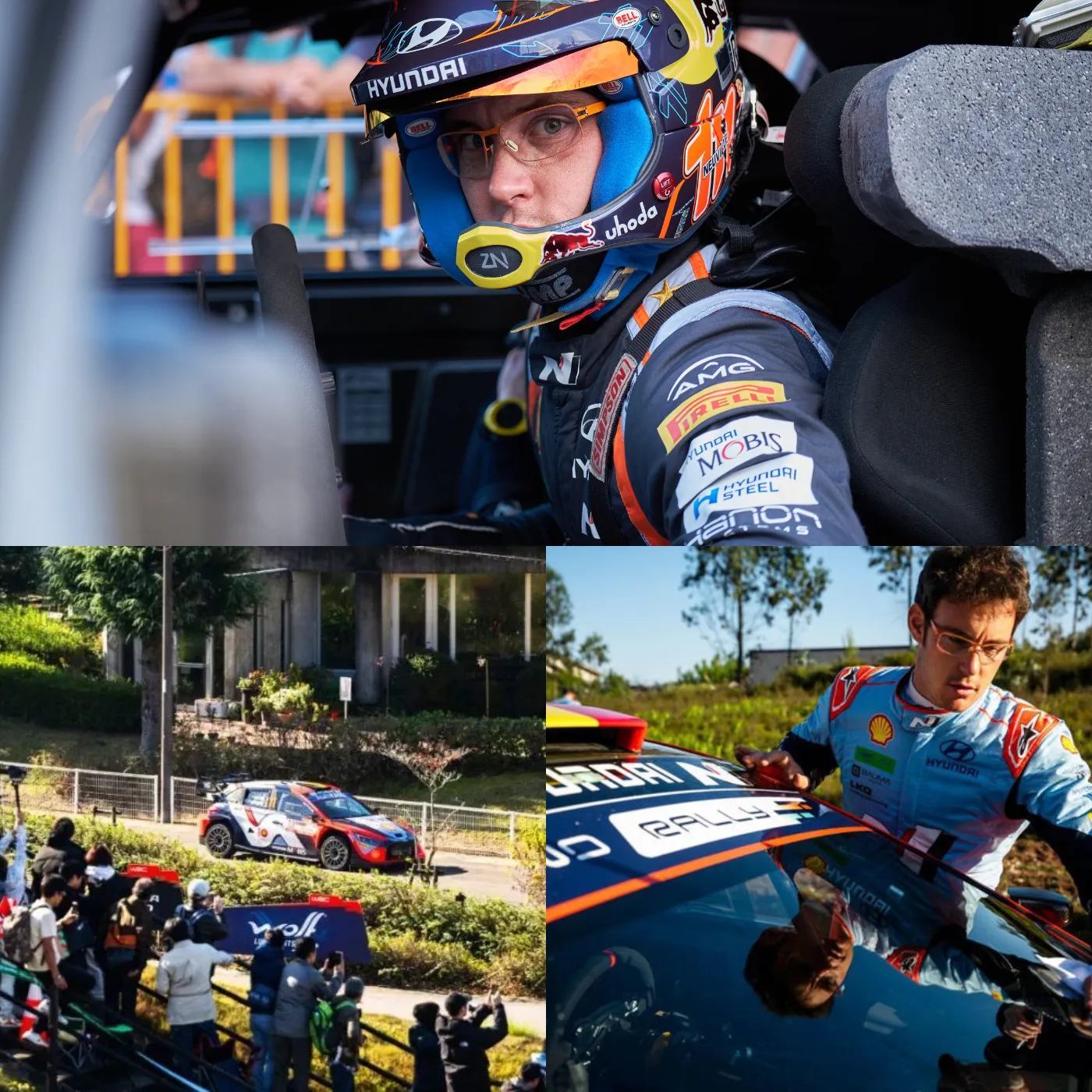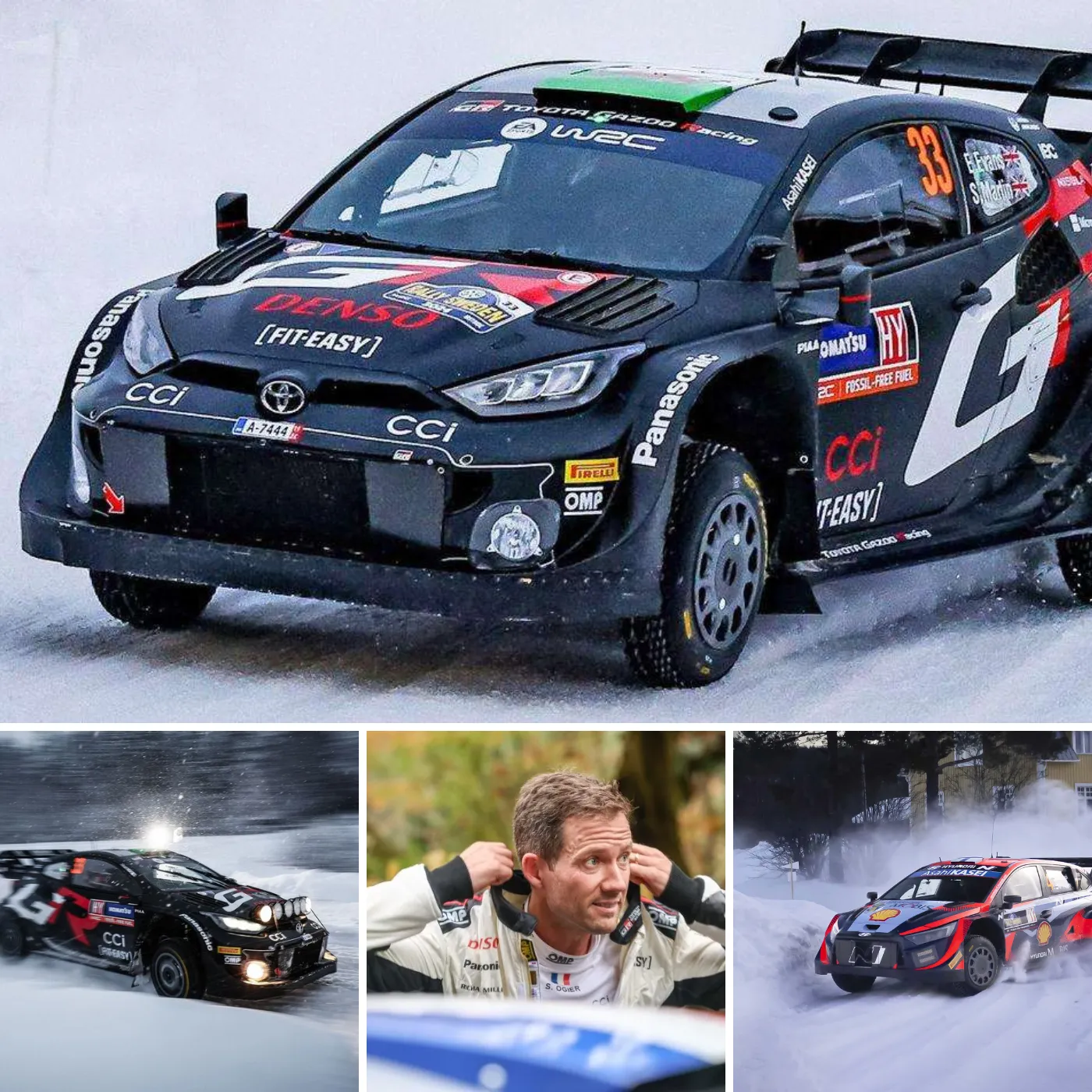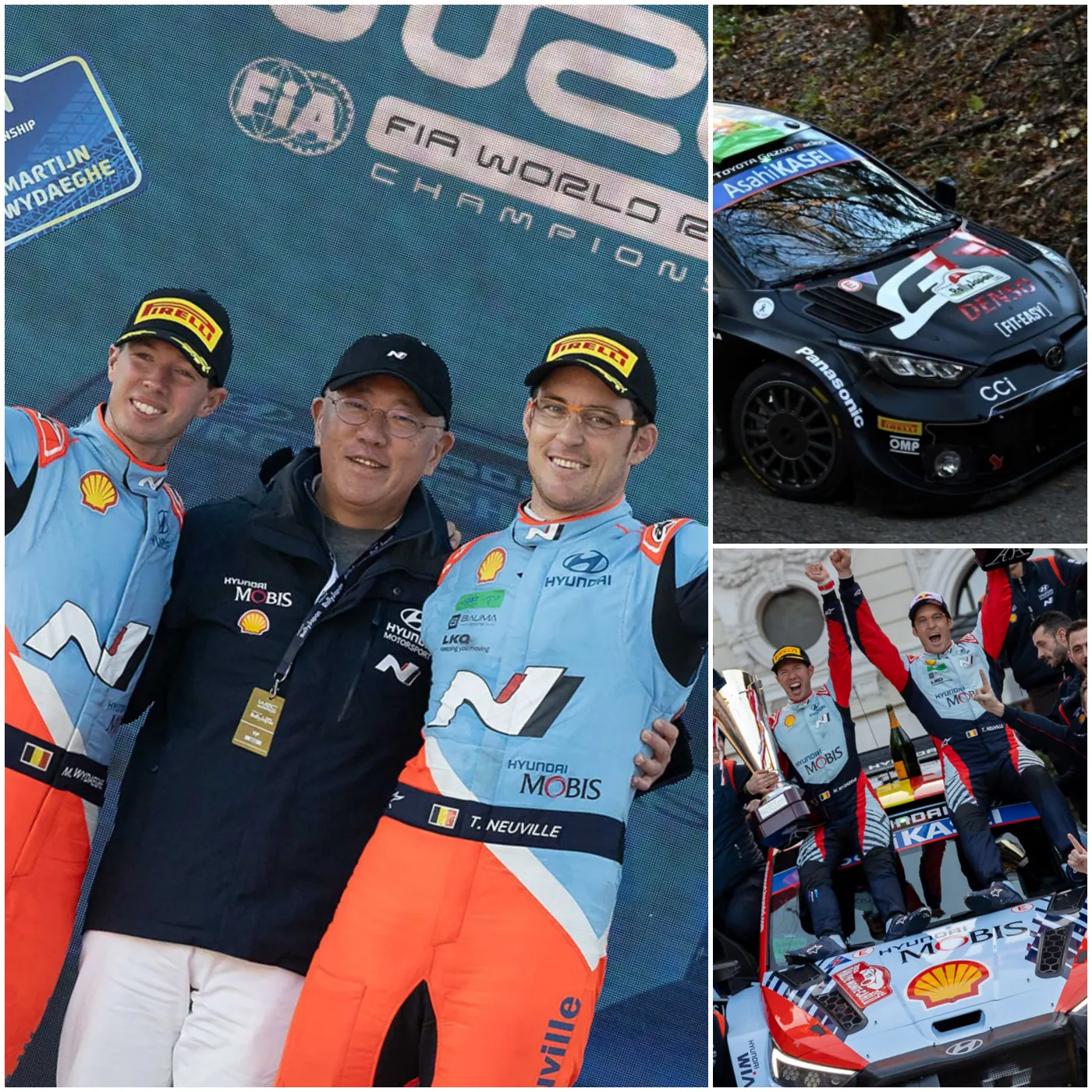In the world of motorsports, the relationship between the FIA and the World Rally Championship (WRC) is pivotal for shaping the future of the sport. However, as the 2025 season approaches, the two governing bodies find themselves at an impasse over the new track regulations. With both sides refusing to budge, the debate is escalating, and the future of the WRC could be at stake. What is behind this “deadlock,” and how might it affect the sport’s evolution?
A Stalled Future: FIA and WRC Struggling to Reach an Agreement
As the FIA and WRC work to update the regulations for the 2025 season, it’s become clear that their visions for the future are dramatically different. While the FIA aims to push for stricter environmental standards and technological innovation, the WRC is focused on maintaining the authenticity and spirit of rally racing. The disagreement centers on the proposed changes to track and event layouts, with both parties holding firm to opposing views.
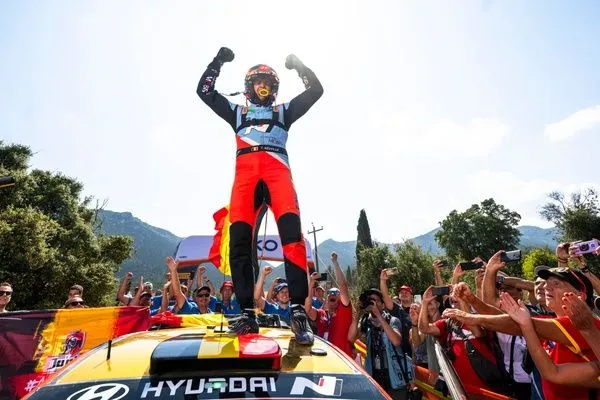
The FIA’s Green Ambition
The FIA has placed heavy emphasis on environmental sustainability in motorsports, aiming to integrate more eco-friendly technologies and alternative fuels across all racing formats. For 2025, the governing body has proposed sweeping changes to WRC track designs, including a move toward “green” rally stages that would involve fewer emissions, more electric vehicles, and tracks redesigned to minimize environmental impact. However, this vision has not been universally welcomed by the rally community.
WRC’s Call for Tradition and Authenticity
On the other side of the debate, the WRC argues that the essence of rallying lies in its rugged, unpredictable nature. A key part of the WRC’s identity is its diverse range of terrains, and the proposed regulation changes to tracks and vehicles risk undermining the sport’s authenticity. Many team owners, drivers, and fans are expressing concern that the introduction of more environmentally-driven regulations could alter the fundamental principles of the sport. They argue that rally racing’s challenge has always been about adapting to nature, not conforming to artificial standards that diminish its raw, dynamic appeal.
The Sticking Point: Technological Innovation vs. Tradition
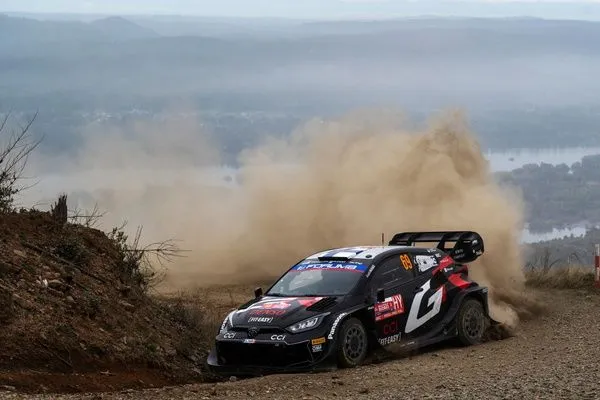
At the heart of the deadlock is the struggle between technological progress and tradition. The FIA’s push for electrification and advanced hybrid technologies is seen as a necessary evolution in the motorsport world, given the growing focus on sustainability. However, the WRC has traditionally been a haven for manufacturers and drivers looking for a more visceral, no-holds-barred approach to racing. The risk is that the introduction of highly technical, eco-conscious regulations might alienate the loyal fanbase and manufacturers who built the sport.
What Happens Next?
As of now, there is no clear resolution in sight. With the 2025 season just around the corner, time is running out for both organizations to come to a consensus. The lack of alignment on the direction of the WRC raises serious questions about the future of rally racing and its ability to adapt to the modern demands of both fans and the global push for sustainability.
Could this deadlock be the beginning of a rift between the FIA and the WRC? Will the sport risk losing its soul in pursuit of greener alternatives, or will it find a way to honor its roots while embracing the future?
The Potential Consequences
If the deadlock persists, the ramifications could be far-reaching. Fans may lose faith in the direction of the sport, manufacturers could withdraw from the competition, and the WRC’s unique identity might be at risk of dilution. Alternatively, if the FIA succeeds in implementing its vision, we could see a radically different type of rally event that could alienate traditional fans but attract a new, more environmentally conscious audience.
As the clock ticks down to 2025, all eyes will be on the FIA and the WRC to see if they can break the deadlock or if this divide will spell the beginning of a new chapter—one that may not sit well with everyone.
